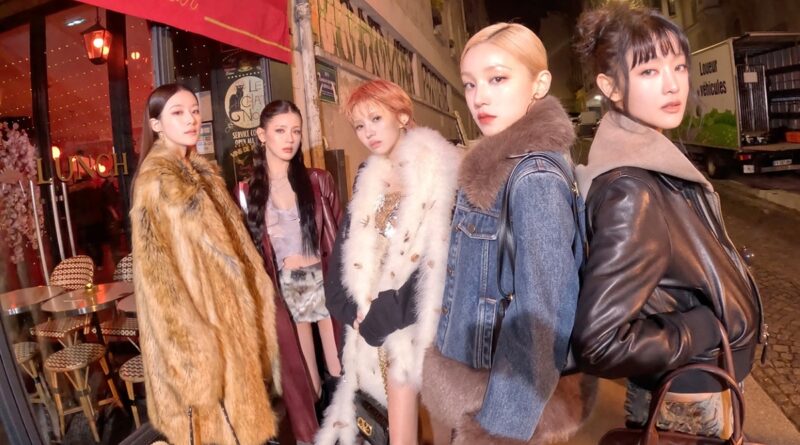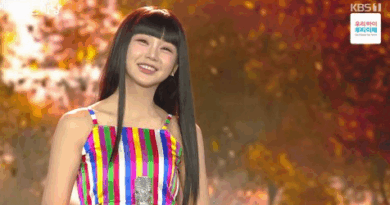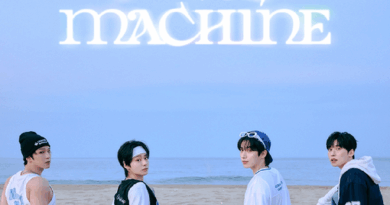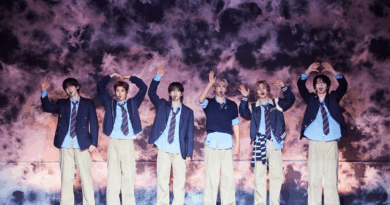The Changing Landscape of K-pop in the Face of External Influences

Analyzing the Impact of Non-Musical Events on the Digital Performance of Leading K-pop Acts
The Digital Dilemma: K-pop’s Recent Struggles
The world of K-pop, often lauded for its global outreach and magnetic influence, has seen a notable shift recently. Leading acts such as (G)I-DLE and IU are facing unexpected challenges, specifically within the digital sphere, paralleling a broader struggle in the music industry.
Million-Sellers with a Digital Setback
(G)I-DLE, celebrated for their latest mini album We Are, has managed to sell over a million copies, marking them as a consistent top-seller. However, the digital performance of their title track “Good Thing” tells a different story. Despite their previous successes, this track failed to chart on significant platforms like Melon, highlighting a stark contrast between physical and digital sales.
Parallels in Performance
Similarly, tripleS with their full-length album Assemble25 achieved impressive sales, becoming one of the few to sell over 500,000 copies in the debut week. Yet, their digital footprint didn’t reflect this success, as their title track “Awake” struggled to make an impact on the charts.
The IU Case Study
IU, a veteran and beloved figure in the Korean music scene, recently released her remake album 꽃갈피 셋 featuring the title track “Never Ending Story”. Contrary to past releases, this track hasn’t claimed the top spot on the Melon charts, suggesting an unprecedented shift, even for a powerhouse like IU.
The Electoral Effect
A major political event, specifically the Korean Presidential Election, has contributed significantly to these phenomena. Historically, cultural attention shifts towards political news in the months leading up to an election, overshadowing musical comebacks regardless of their prior anticipation or significance.
Future Implications and Observations
As we look forward, the potential for a recalibration of promotional strategies is immense. Key observers of the industry, including cultural critics like Lee Moon-won, emphasize the need for adaptation in light of these externalities. The coming months, post-election, will be critical as artists such as QWER and ITZY make comebacks, providing a fertile ground for analysis.
The music industry must keenly observe these shifts and reassess the approach towards integrating music releases with the calendar of significant non-musical events. There lies a lesson in understanding the broader media ecosystem and aligning marketing efforts to seamlessly blend visibility across multiple platforms.
Thus, while K-pop continues to capture hearts globally, the necessity to adapt to fluctuating digital trends and external influences is clear.




